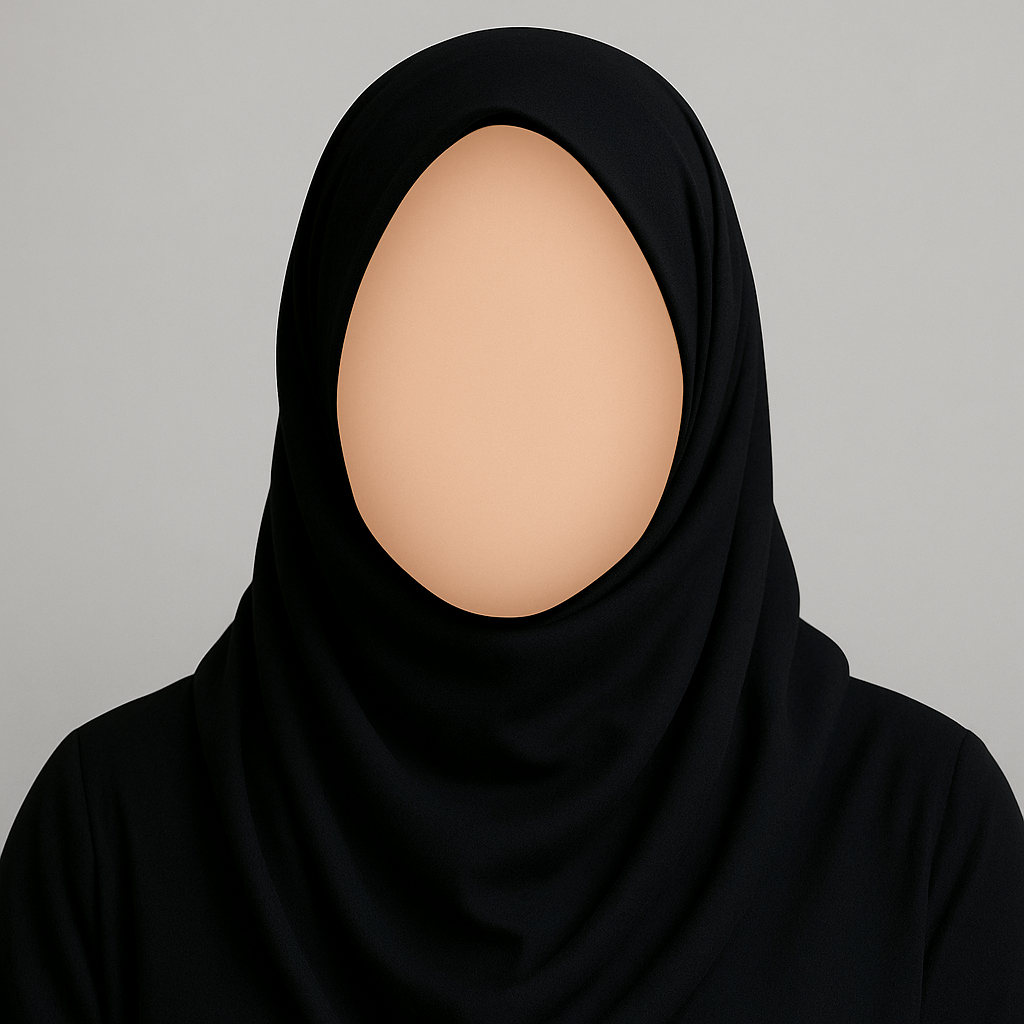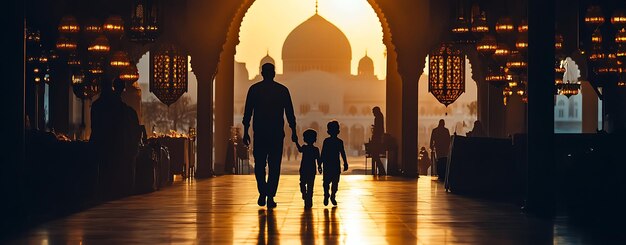FREE FROM THE BLAMES

In the Name of Allāh.
Verily, the clarity and beauty of Islām reveal its teachings about marriage, emphasizing that ‘forced marriage’ has no place within it. In Islām, marriage is a significant act; considered an act of worship, a Sunnah of the Prophet (ﷺ), a blessed symbol of love, a means of safeguarding chastity, and a pathway for procreation. ‘Abdullāh Ibn ‘Amr reported that the Messenger of Allāh (ﷺ) said, “The world is enjoyment and the best enjoyment in the world is a righteous wife.” [Ṣaḥīḥ Muslim 1467]
When blame is unjustly directed at Islām due to certain marriage practices, such as a woman marrying without the consent of her Walī, it is essential to recognize that Islām stands free from such blemishes. Abū Hurayrah (Raḍiyallāhu ‘Anhu) narrated that Allāh’s Messenger (ﷺ) stated, “A marriage (contract) is not valid without a Walī (Legal guardian).” [Sunan Abī Dāwūd 2085] In another narration, the Prophet (ﷺ) emphasized, “Any woman who gets married without the permission of her guardian, her marriage is invalid, her marriage is invalid, her marriage is invalid.” [Sunan At-Tirmidhī 1102]
Thus, the presence of a Walī (guardian) is a crucial requirement for a valid marriage. Shaykh Ibn Bāz (Raḥimahullah) remarked: “One of the conditions of the marriage contract being valid is that it should be executed by the Walī (guardian), whether the woman is a virgin or has been married before because the Prophet (ﷺ) said: ‘There is no (valid) marriage except with a Walī.’” [Majmoo‘ Fatāwā Ibn Bāz, 21/39]
Islām is truly the perfect system of life, designed for humanity, and remains untainted by the misdeeds of Muslims acting outside its guidelines.
I beseech Allāh to grant us understanding and to save us from all forms of malpractice. Aameen.
Picture Credit: Gettyimages



